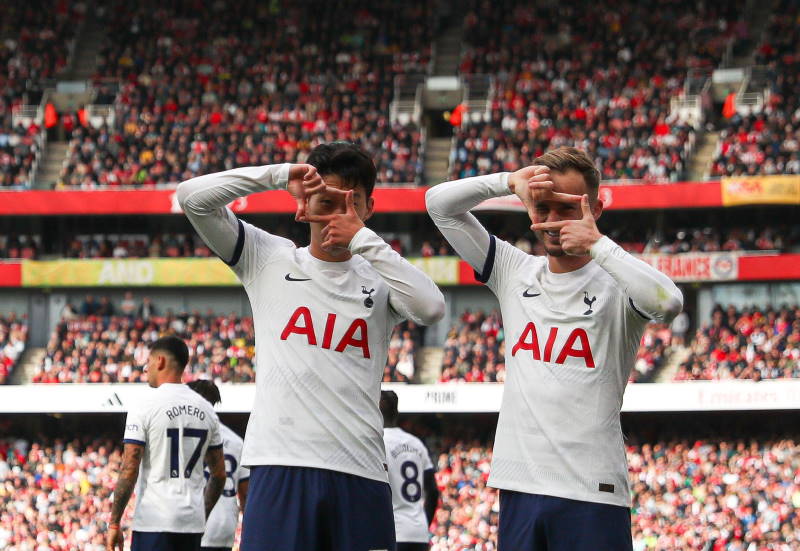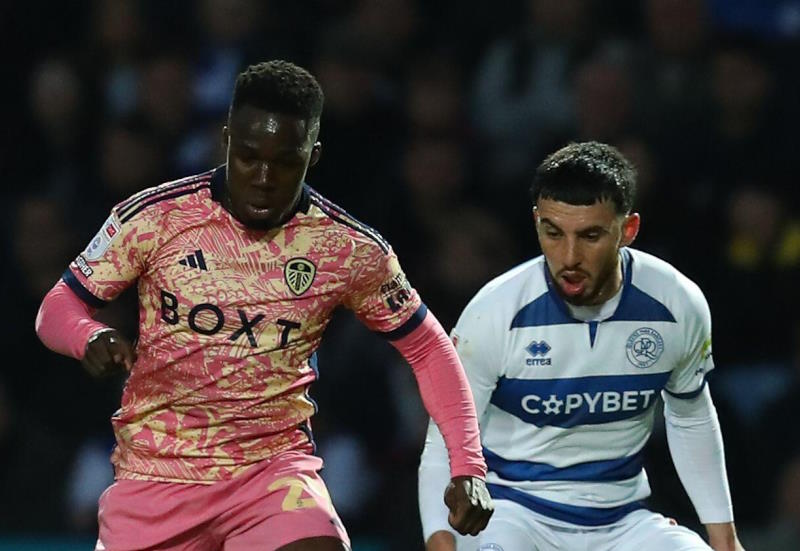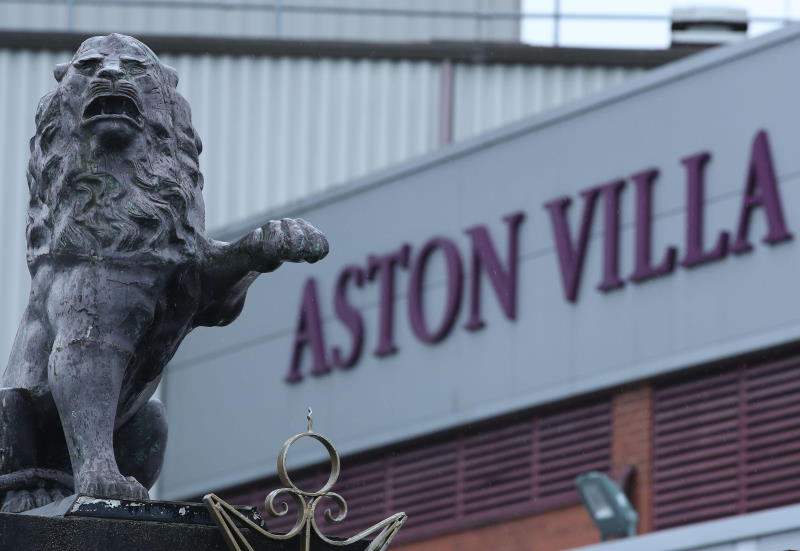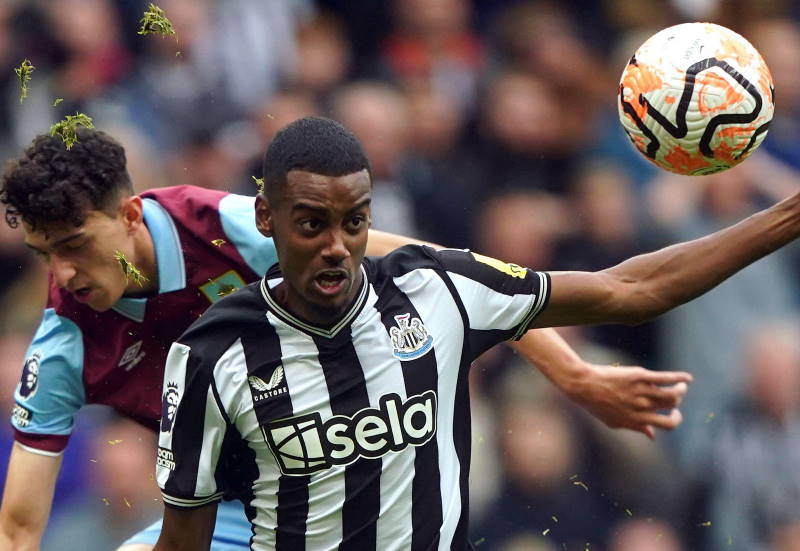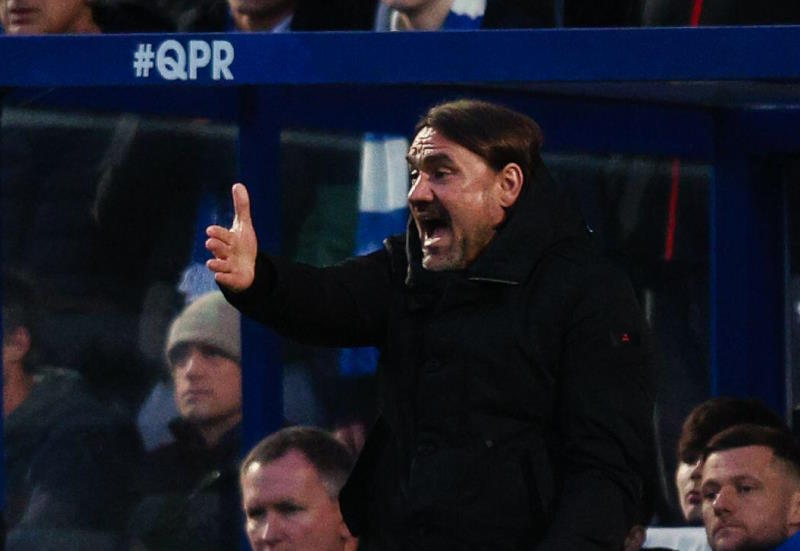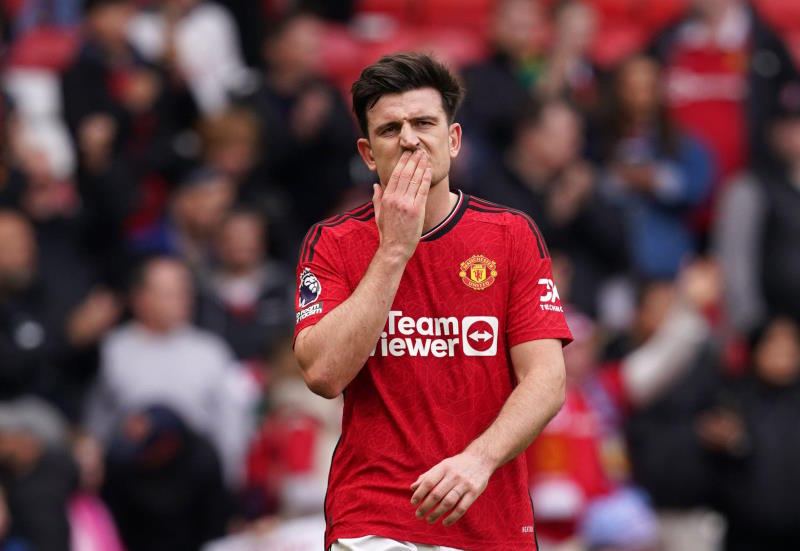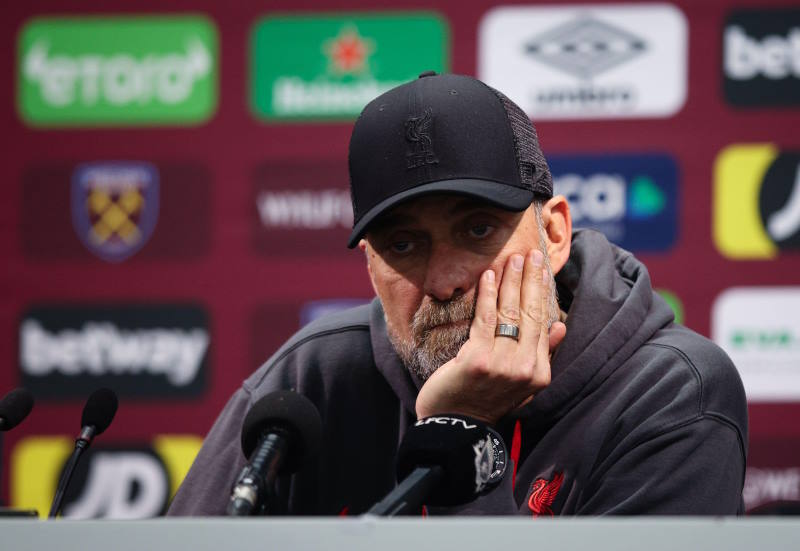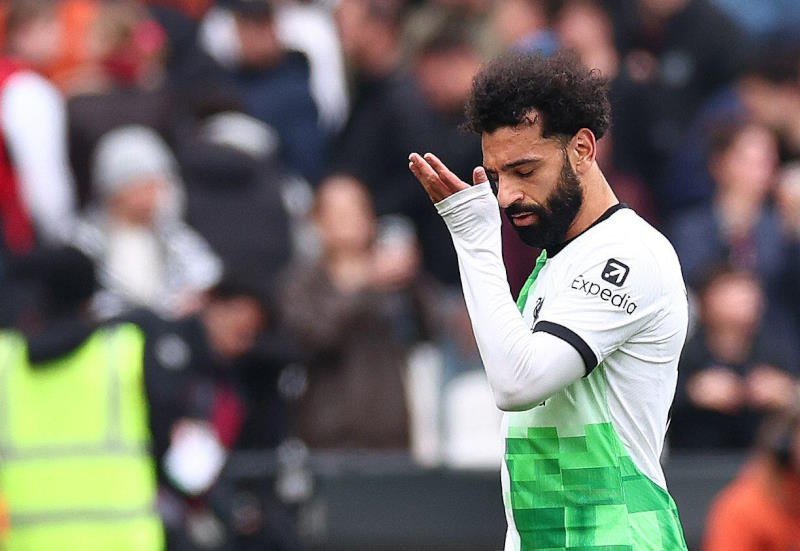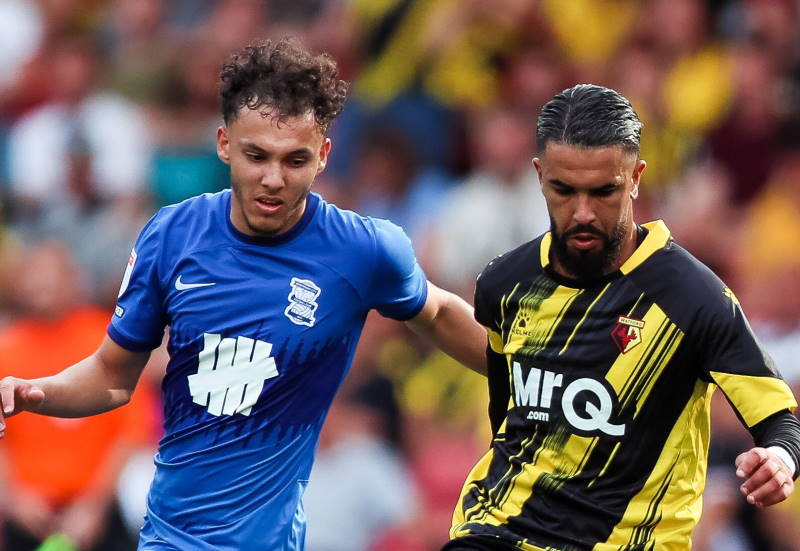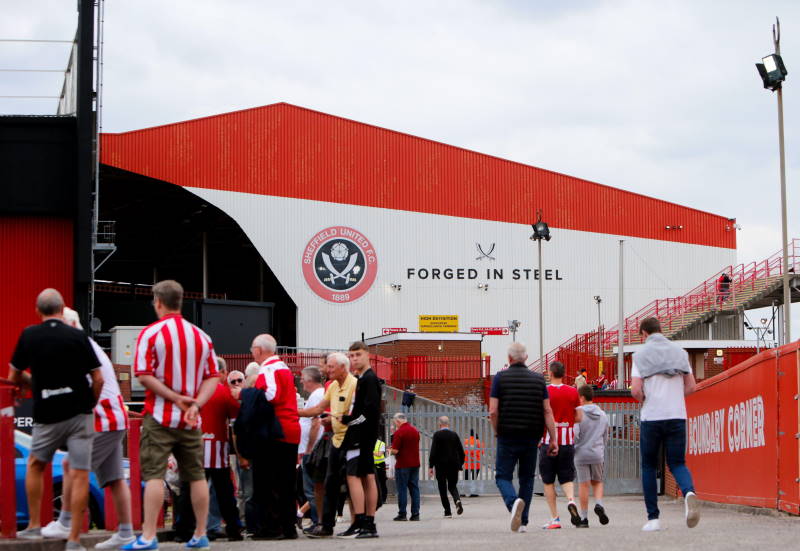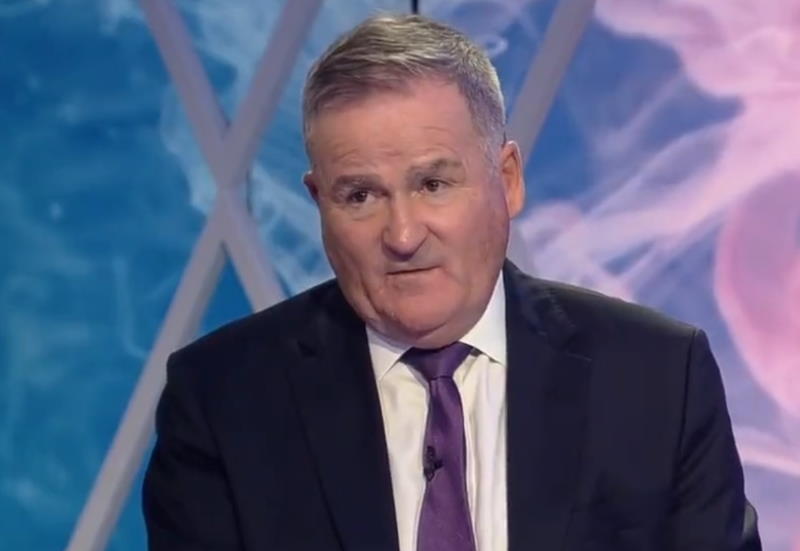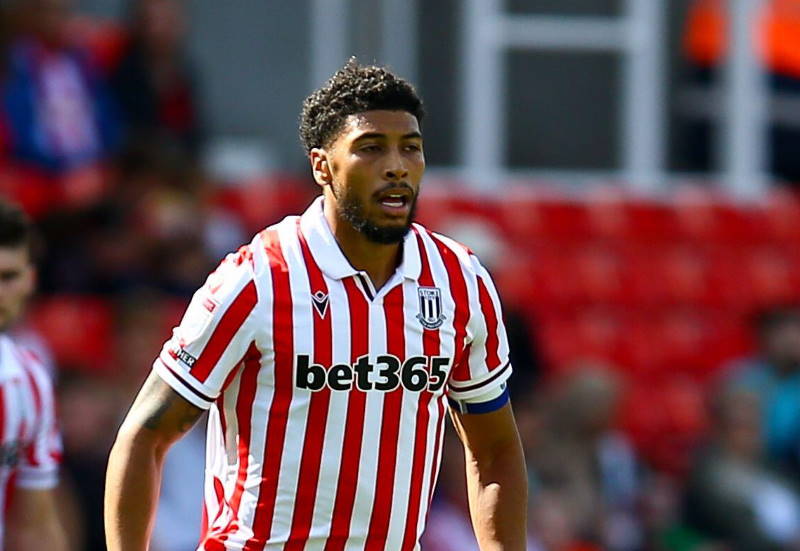
As the distraction that was the World Cup fades into the recent past and another domestic campaign in Europe nears, the transfer window has once again been hijacked by the possibilities of one or two big deals: Cesc Fabregas takes over Cristiano Ronaldo’s role as leading light of a Premier League heavyweight hankering for a move to his dream club, in this case his hometown former employers and Champions League favourites Barcelona; Fernando Torres does the ‘Gareth Barry’ in debating whether or not to leave his present club for one more likely to win trophies; and James Milner follows Joleon Lescott and a host of others in agonising over a lucrative but risky (and potentially acrimonious) departure to Manchester City.
The Milner case, of an ambitious young player tempted by the chance to break into the richest club in the world in their determined bid to end their trophy drought and steal the Premier League title from the ‘big four’ for the first time in 16 years, brings back painful memories for Villa fans of Barry’s defection last year. The club’s former captain heading to Eastlands despite claiming he would only leave Villa Park for Champions League football was seen by many as another example of mercenary football – Joe Cole being the latest under suspicion – and the reputation of Milner as an honest and hard-working team player could be dragged through the mud should he complete a move that, with manager Martin O’Neill’s resigned attitude last week, seems increasingly probable.
However, aside from the unsavoury tone of the negotiations, there are other similarities between Milner’s potential move and Barry’s transfer a year ago. Barry, despite having only a year on his contract left, went to Eastlands for a generous fee of £12M – the downside of being the world’s richest club being a premium to pay for transfers – and this money went a long way in Villa’s budget, bringing the outlay up to just under £40M and adding Stewart Downing, or even the centre back pair of Richard Dunne and James Collins that performed so brilliantly last season. With Villa not backing down from an asking price of around £30M, this could provide the necessary funds to add more depth to a squad that has for years been on the shallow side (though this could be less of an issue now a 25-man limit will be imposed in the league).
Stephen Ireland has been strongly linked as a potential makeweight in the deal, which would surely be a benefit for Villa, as not only is he a more creative attacking threat than the relatively direct Milner, allowing for a greater variety in play up front to freshen what can be a one-dimensional force, but there would still be £20M to utilise from the deal, enough to buy another striker and fill any other holes in O’Neill’s squad. Scott Parker is alleged to be high on the wish-list of the manager to add steel and drive to the midfield, but with a buy-to-sell policy in place after the last couple of years of spending, without the money from selling Milner a move for the West Ham man would be unlikely. Right back, a problem position at Villa Park over the last few years, is also surely to be looked at once again, and the fee that Man City would have to pay would leave enough spare to buy one of sufficient quality, even if Ireland and Parker are also signed with the proceeds from Milner’s sale.
Of course, there is the chance that Milner may change his mind from what O’Neill claims he said before the World Cup, and a rapprochement between the pair (like that after Barry tried to engineer a move to Liverpool in 2008) could see him stay for another year at least. Man City have also made noises about refusing to be held to ransom and not raising their fee over £24M, double what Villa paid Newcastle two summers ago. In this eventuality, the obvious winners would be those in claret and blue, who could offload the want-aways and fringe players like Steve Sidwell, Nigel Reo-Coker and Luke Young to finance moves for Ireland or Parker, with the need for both negated by Milner’s staying. While the top four would be at least as difficult to reach as last season’s near miss, there would still be a squad with the potential to win silverware, either domestically or in Europe. City would also be barely bothered, able as they are to buy another similarly talented player to compete with Adam Johnson or David Silva for a place on the wing – in fact, the chances are that they would find someone for less money than Milner.
While Milner and City deliberate over whether a move is in the best interests for either of them – City playing the field for a better deal, Milner prevaricating over reduced first team chances affecting his England role – Aston Villa can be secure in waiting for the verdict, safe in the knowledge that they either keep hold of a promising player or receive a fee so large they can greatly improve their squad. They can afford to take no interest in the twists and turns of yet another drawn-out transfer saga, a privileged position that few, if any, clubs can match.

